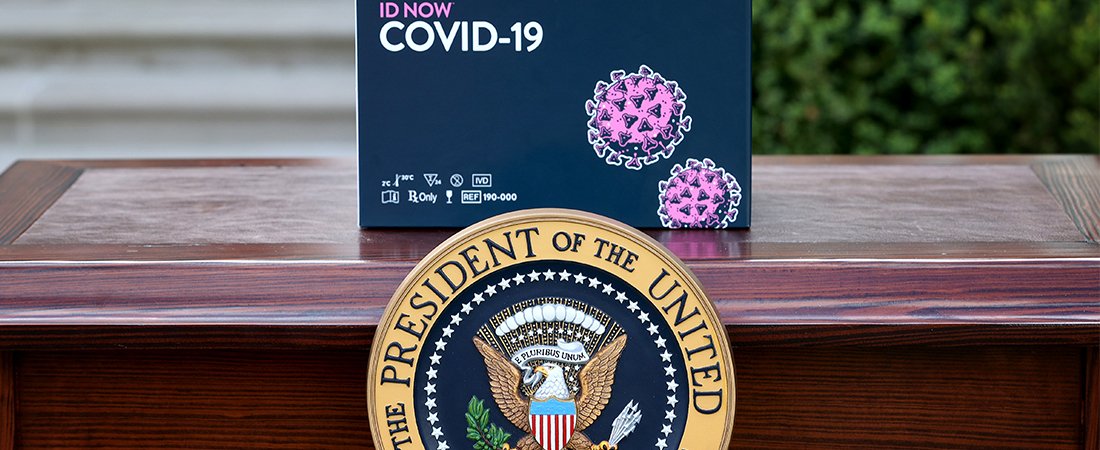Each presidency faces what’s referred to by pundits as a test of competency. For President George W. Bush, it was the failure to properly respond to Hurricane Katrina. For President Barack Obama, it was his response to Hurricane Sandy. Both presidents faced political consequences for their actions or lack thereof during these crises. President Donald Trump is facing his greatest challenge as his administration attempts to contain the spread of COVID-19 and soften the economic fallout. How he handles it will define the prospects of his re-election campaign.
Thus far, Trump has chosen to delegate. He appointed Vice President Mike Pence to lead the White House task force on COVID-19; Treasury Secretary Steven Mnuchin led negotiations with Speaker of the House Nancy Pelosi on a stimulus package to revitalise the US economy; and Republicans in the Senate crafted the $2 trillion emergency bill that was signed into law last weekend.
Trump’s own attempts to lead on COVID-19 have been mixed. An Oval Office address on March 11, announcing the suspension of travel from the EU to the US was poorly received by markets as Trump misspoke and suggested that all trade would stop. He also offered misleading statements on the policies his administration was putting forward to stop the spread of the virus. Since then things have stabilised for the administration, the two most visible members of his administration Pence and Dr Anthony Fauci, Director of the National Institute on Infectious Diseases have been praised for their work. The array of actions being taken by the branches of government has given the impression of an administration in motion. It’s yielding results, Trump has seen his approval ratings climb higher, but time will tell whether this is simply a bully pulpit bounce or a sustained uptick.
Actions do not equal progress. The $2 trillion stimulus bill will only go so far and extended economic hardship will be intolerable to voters. Trump also depends on governors handling the outbreak effectively. If Republican Governors in states such as Ohio and Florida perform poorly in their crisis management, the Republican party and Trump will suffer. All politics is local.
Waiting in the wings is the presumptive Democratic nominee, former Vice President Joe Biden. He has held key roles in government at critical times: The Great Recession, the Ebola outbreak and countless foreign policy crises; in other words, he is tried and trusted. His experience helped him secure votes in the Democratic primary as it is seen as a strength in a matchup against Trump.
COVID-19 has put a spotlight on the cracks in America’s healthcare system with its high costs and low coverage. Democrats will look to capitalize on this. Biden will highlight his efforts to expand health insurance, comparing it to how the Trump administration has sought to dismantle Obamacare.
Historically, if there is no recession in the year before an election, the incumbent party wins. The US is hurtling toward a severe recession with Mnuchin warning that unemployment could climb as high as 20 per cent if Congress doesn’t take the right action.
It’s possible that a recession would not derail Trump’s electoral chances. However, that is contingent on him and his administration convincing the American public that every necessary action is being taken to protect people from the health and economic impact of COVID-19. If they bungle the response and voters blame Trump for a prolonged economic shutdown, Biden will lead the recovery as president of the United States.

